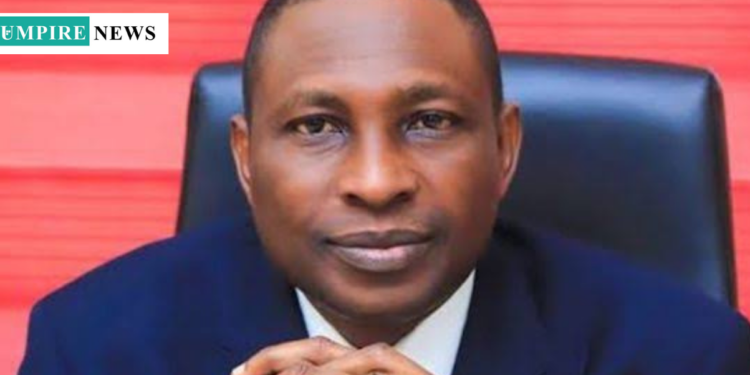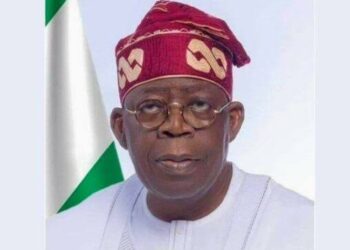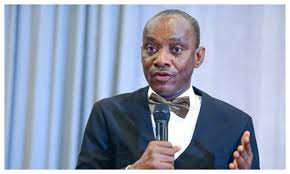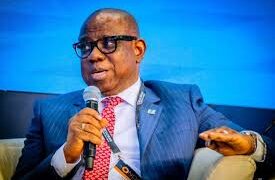The Chairman of the Economic and Financial Crimes Commission (EFCC), Ola Olukoyede, has called on youths to unite and take a leading role in the fight against corruption in Nigeria. Speaking at a Town Hall Meeting in Abuja on Wednesday, Olukoyede emphasized the detrimental effects of corruption on the future of young people, urging them to become active participants in promoting integrity and accountability in society.
Olukoyede’s address was part of the preparations for the 2024 International Anti-Corruption Day, which will be marked on Monday under the theme “Uniting the Youths Against Corruption.” He highlighted how corruption stifles opportunities for self-actualization, creating an unequal playing field that favors a privileged few. He urged young people to understand that a corrupt society cannot provide the equal opportunities needed for their growth and success.
The EFCC boss also expressed concern about the growing appeal of internet fraud, particularly among the youth. He warned that cybercrime, often seen as a shortcut to wealth, only leads to a bleak future. Olukoyede urged young people to reject criminal practices and embrace values of honesty and hard work. He encouraged the youth to engage actively with the EFCC, pointing out that the commission has established platforms for youth participation in the anti-corruption fight.
Olukoyede also advocated for whistleblowing as a powerful tool in the battle against corruption, stressing that collective action from youths is crucial. “There is no way corruption can be tackled if we allow it around us without a challenge,” he said, urging youths to take personal responsibility in rejecting corrupt practices. He emphasized that individual choices to stand against corruption are more effective than any external framework or force.
The event featured a panel discussion moderated by Wilson Uwujaren, EFCC’s Director of Public Affairs, and was supported by civil society leaders like Comrade Auwal Musa Rafsanjani, who urged youths to reject associations with corrupt individuals. Rafsanjani stressed that success built on transparency and hard work is far more rewarding than success achieved through shortcuts. Participants, including students and youth leaders, shared their thoughts on how the younger generation can play an active role in curbing corruption, with similar discussions taking place across EFCC’s Zonal Commands.
































